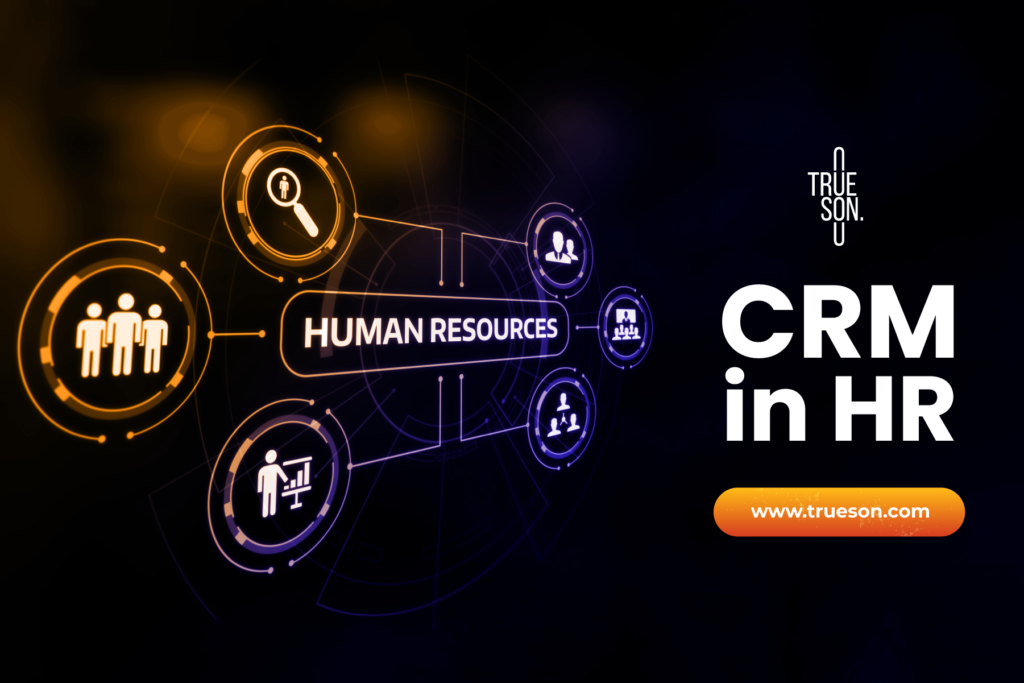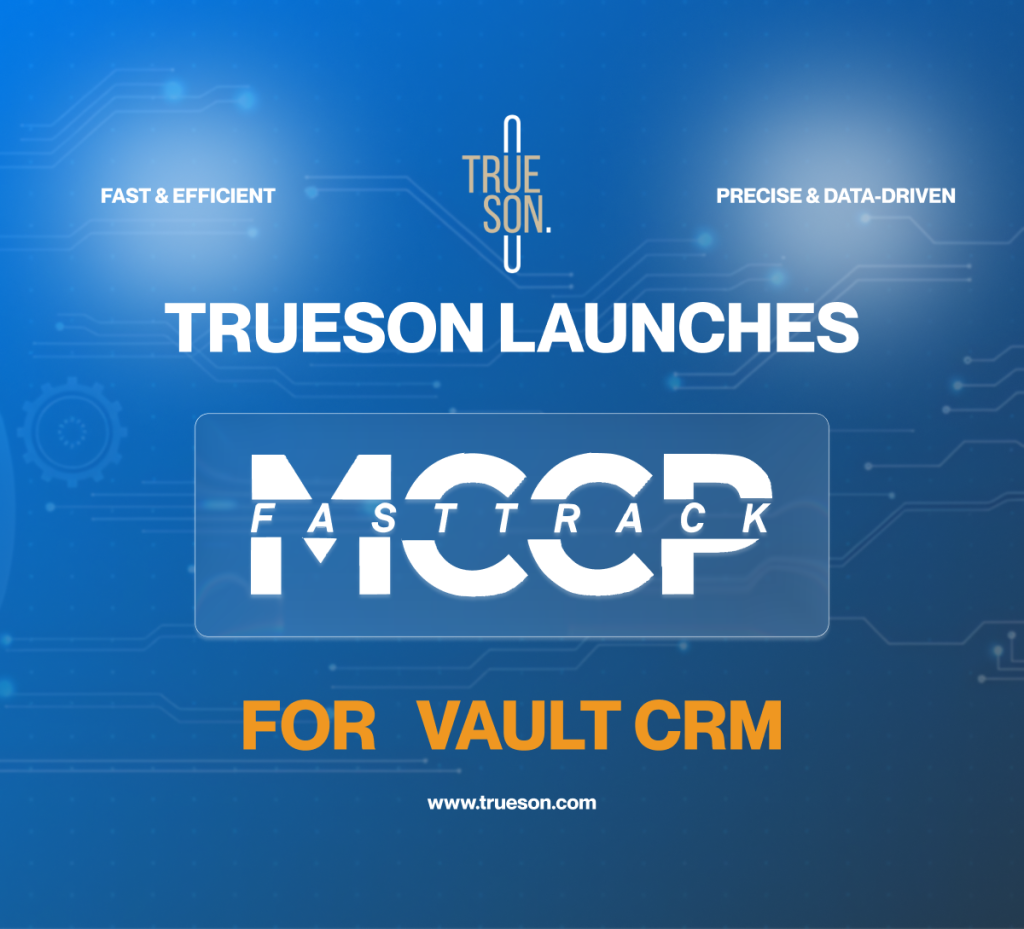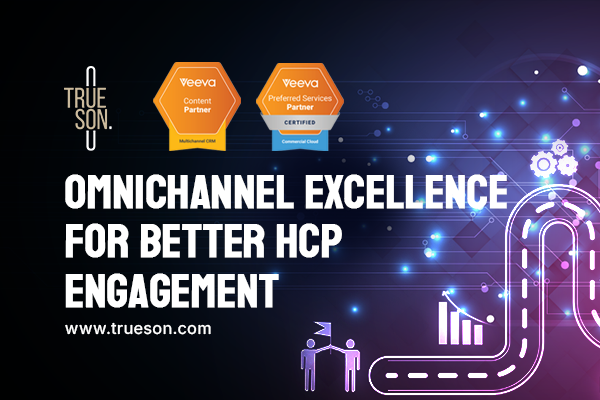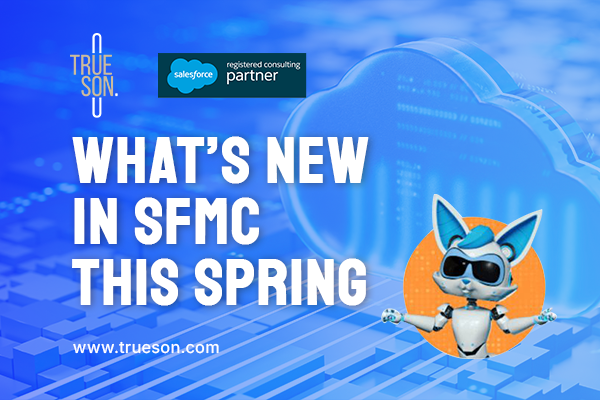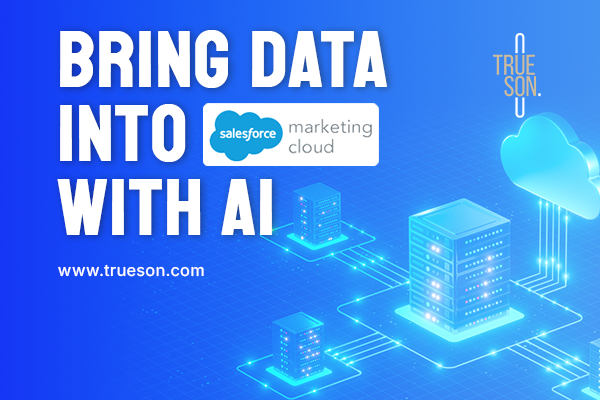Customer Relationship Management (CRM) in the Human Resources (HR) industry represents an innovative shift in how HR professionals manage their most valuable asset: the workforce. Traditionally, CRM has been associated with sales and marketing departments, aiding them in building and maintaining strong customer relationships. However, as HR departments seek to enhance their efficiency and effectiveness, adapting CRM for HR purposes has become increasingly popular.
Defining CRM and its Traditional Use:
CRM is a comprehensive set of practices, strategies, and technologies designed to manage and nurture relationships with customers. In sales and marketing, CRM focuses on collecting and analyzing customer data, tracking interactions, and improving communication to enhance customer satisfaction and loyalty.
In sales and marketing, CRM systems are typically used to:
- Manage Contacts: Keep track of customer information, including names, contact details, and preferences.
- Lead and Sales Opportunity Management: Monitor leads and sales opportunities, helping sales teams prioritize and convert leads into customers.
- Communication and Engagement: Facilitate email marketing, phone calls, and customer engagement.
- Data Analysis: Provide insights through data analytics to improve decision-making and strategy.
Adapting CRM for HR Purposes:
The adaptability of CRM is one of its key strengths. HR professionals have recognized the potential of CRM in transforming their operations, and as a result, HR-specific CRM solutions have emerged. These adapted systems focus on managing relationships with employees and job candidates, optimizing HR processes from recruitment to talent development, and employee retention.
In HR, CRM solutions offer a range of features, including:
- Candidate and Employee Tracking: Storing and managing detailed profiles of job candidates and employees, allowing for better talent management.
- Onboarding: Streamlining the onboarding process to ensure a smooth transition for new hires.
- Performance Management: Evaluating employee performance and providing a platform for feedback and development.
Benefits of Using CRM in HR:
The integration of CRM in HR processes brings a multitude of benefits:
- Improved Employee Relations:
CRM systems allow HR professionals to maintain a comprehensive employee information database, helping them understand individual needs, preferences, and career goals.
Personalized engagement and communication can foster a more positive and productive work environment, leading to better employee relations and satisfaction.
- Data-Driven Decision-Making:
By collecting and analyzing employee data, HR can make informed decisions related to hiring, training, and development.
Data-driven insights enable HR departments to proactively address challenges, adopt policies, and strategically plan for future workforce needs.
- Streamlined Processes:
CRM for HR streamlines various HR processes, such as recruitment and onboarding.
Automation and centralization of information reduce administrative burdens, allowing HR professionals to focus on more strategic tasks.
In conclusion, the adaptation of CRM for HR marks a significant advancement in the way organizations manage their workforce. By leveraging CRM solutions, HR professionals can nurture strong employee relationships, make data-driven decisions, and streamline processes. In the following sections, we will delve deeper into the features of CRM for HR, explore real-world case studies, and provide guidance on selecting the right solution for your HR department.
CONTACT US for the initial consultation!

